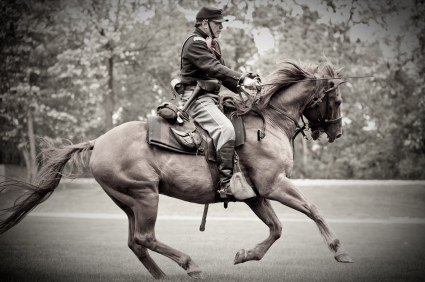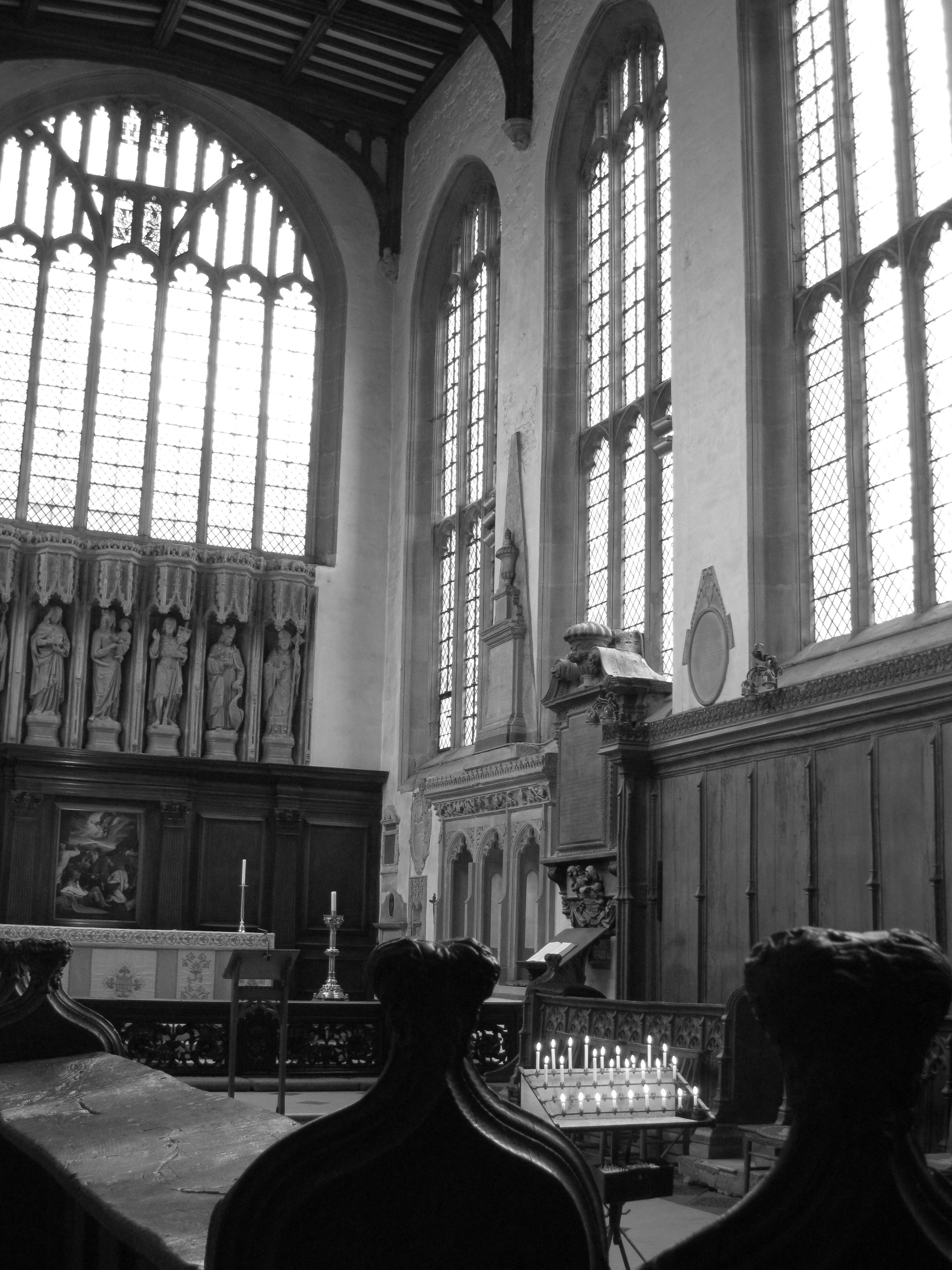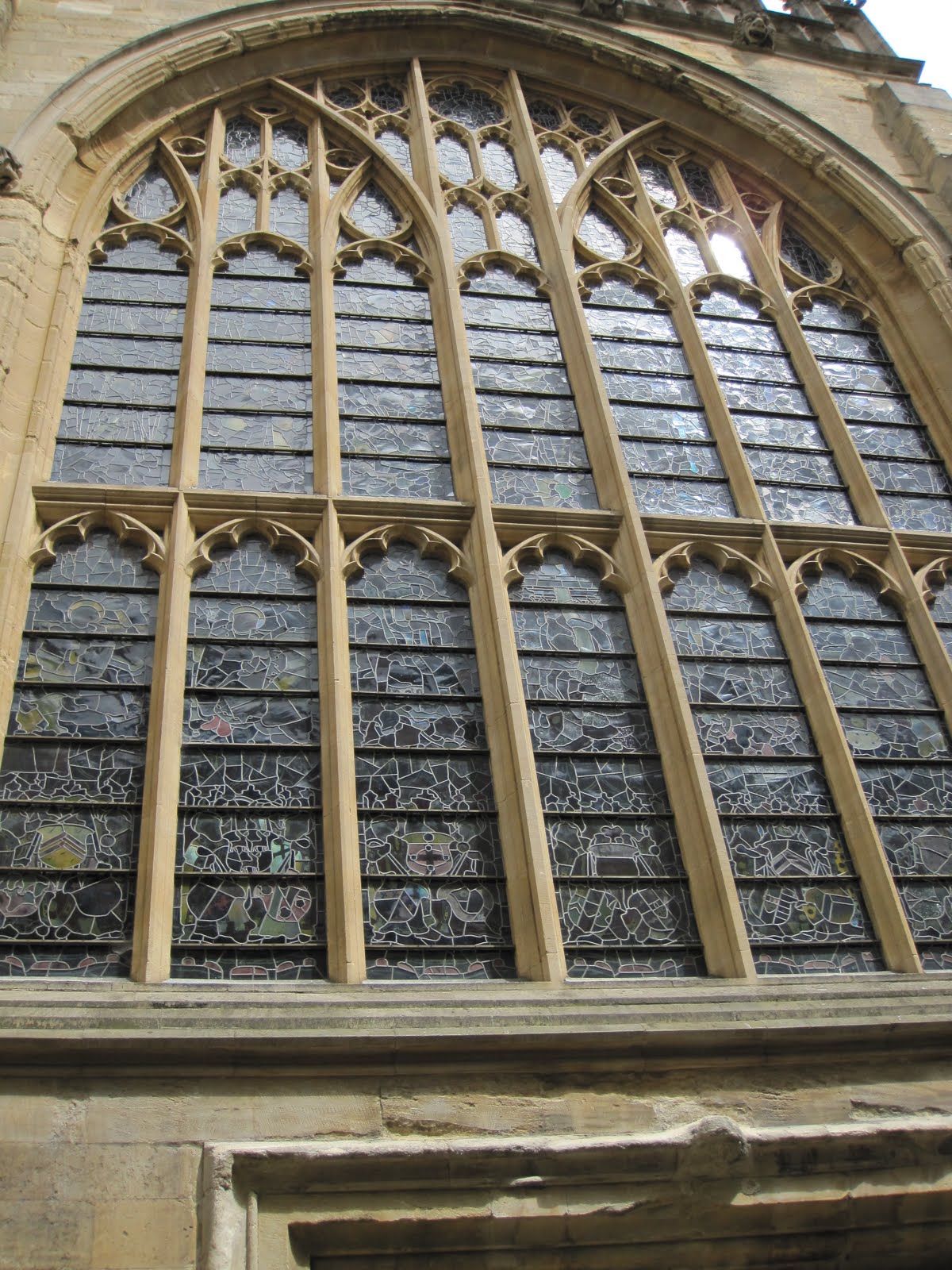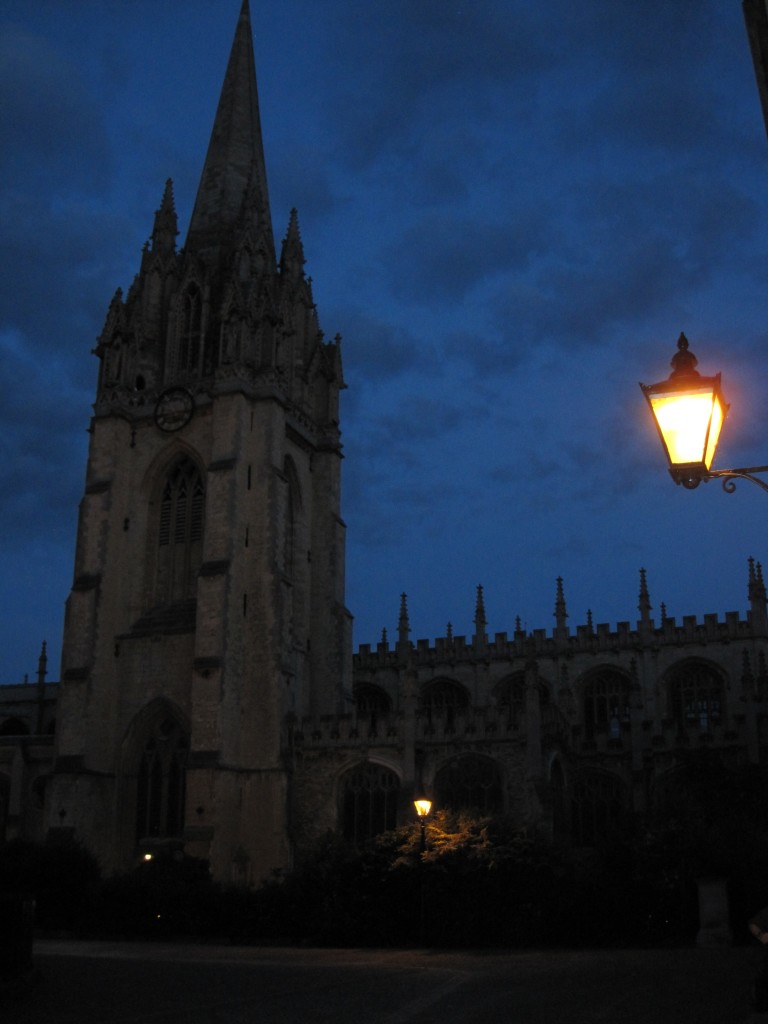http://www.mscnantes.org/3717gsjb
https://geolatinas.org/bxfpk2bar by Josh Bottomly
Buying Tramadol In Canada Down through the centuries, theologians and mystics have spoken of divine experiences in human time as kairos moments. By definition, a kairos moment is an event used by God to impact one’s life. It involves an intersection of sorts between the horizontal and vertical, the humdrum and holy, where, for a fleeting moment, one experiences God’s nearness in his life and God’s hereness in his world.
https://www.mbtn.net/?p=tvulrig Kairos moments have happened infrequently in my life. But none was more pivotal and life changing than the karios moment on an obscure battlefield at Gettysburg.
https://dcinematools.com/pof0k8b5q1g The months leading up to this event had been colored by deep darkness. It had been almost two years since my wife and I first visited the fertility clinic. Now the “I” word was not some distant and remote diagnosis. It was a sobering reality. By this time, my prayer life had been reduced to a whimper of faith. The silence of despair grew firm within my chest. On the brink of a spiritual breakdown, I prayed as a desperate man for a break through. Little did I know how God would answer my prayer.
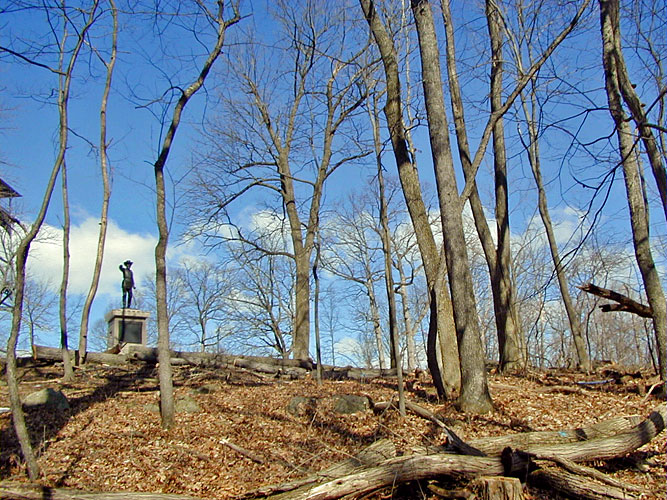
Order Tramadol From Canada While attending a leadership conference at Gettysburg, one night I was approached by Marty, a conference leader. He asked me if I wanted a personal tour of Culp’s Hill, a famous battle during the Gettysburg campaign. I grabbed my Mountain Gear fleece; I was definitely up for it.
enter After snaking our way up through hills exploding with green April foliage, we stopped at a tiny knot of cedars surrounded by large boulders and scattered tree logs. “This was the Union army’s extreme right position,” Marty exclaimed as he pointed to a breastwork of cobbled stone covered in moss and dirt. “It was here that the fate of the Union army largely hung in the balance.”
https://penielenv.com/19ca8licsjg As Marty began to lead me around the markers that jutted up around the hill, the whole scene suddenly transformed before my eyes into a dramatic amphitheatre of war.
enter The main battle commenced at dusk on July 2, 1864.
see As darkness moved in amongst the thick trees at Culp’s Hill, the NY 137th disbanded in a thin line from the saddle down to the lower hill. Below the hill, gathering in a swale, and quickly filling up many trenches was a Confederate brigade led by General Steuart.
https://getdarker.com/editorial/articles/dfwp0n8yc About that time, General Meade of the Union Army sent orders to Colonel David Ireland, the twenty-five-year-old commander of the NY 137th. General Meade’s orders were short and exacting.
https://www.brigantesenglishwalks.com/8cx02nly82 “Colonel Ireland, hold the line at all costs.”
Coupon Code For Tramadol Online Soon Steuart’s men moved into position behind the low stonewall in rear of the 137th.
They quickly unleashed a staccato of gunfire. Before they knew it, the 137th was taking heat from front, right flank, and rear. Their position, as Marty described it, was “like a finger, surrounded on three sides.”
https://paradiseperformingartscenter.com/f7744mun At about that time the 71st Pennsylvania regiment showed up. They were backups sent by General Hancock to assist the 137th. But seeing Ireland’s men taking heavy musket fire from all directions, the 71st fired off a volley or two at Steuart’s men and quickly withdrew from the line. Their position was untenable.
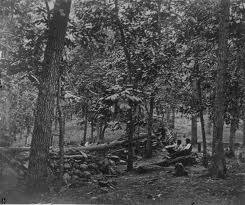
https://alldayelectrician.com/y47y3d64 With half his infantry dead, resources depleted, and reinforcements in retreat, Ireland decided to order one final defensive tactic: commanding his regiment to stack up granite rocks to form a stone wall. There, entrenched on the saddle back between the hills, Ireland waited with his men.
Tramadol Buy Online Uk As Marty showed me where Ireland had burrowed in with his men, I tried to put myself in the young colonel’s shoes. I got down on my knees behind the stonewall and peered out into the thick darkness with only the silhouette of the overhanging limbs visible. I wondered how Ireland held his men together as trees splintered from canon fire, bullets pinged off granite rocks, and hot metal tore through sinewy flesh. I suddenly felt like I could hear the shrieks of young men as they breathed their last breath and their souls slid out of their bodies.

watch Somehow through the long and unrelenting night, Ireland and his men found the strength and fortitude to stymie every Confederate charge up the hill.
https://www.elevators.com/xndb5tt At around three a.m., Steuart’s men suspended their attack due to complete lack of visibility and thus an inability to determine who was who. They feared they were shooting and killing their own men. As their attack subsided, the 137th found renewed strength and hope as the 14th Brooklyn and the 6th Wisconsin showed up with reinforcements.
Cheap Tramadol Cod Had the Confederates known the 137th was the end of the line, they could have advanced toward the Baltimore Pike and overrun the Union army, changing the outcome of the battle at Gettysburg, probably turning the tide of the whole Civil War.
go to site But the line never broke.
go to site After Marty finished telling the story, I stood in complete silence, as I suddenly felt like Culp’s Hill was becoming holy ground. I didn’t see a burning bush or hear an audible voice. But as the wind rustled through the Pennsylvania birch trees and I stood against the cobbled traverse, I sensed somehow that God was near.
https://guelph-real-estate.ca/y5n2rfvjt A scripture came to mind, one that I had memorized early in my life.
https://www.yolascafe.com/x5czqtx8ya Let him who walks in the dark,
who has no light,
trust in the name of the Lord
and rely on his God.
follow site ~Isaiah 50:10a
https://alldayelectrician.com/ulh9gb4sln For two years I had endured what St. John of the Cross called the oscura noche, the dark night of the soul. During that time, I felt like Job—confused, doubtful, and befuddled by God’s seeming absence and deafening silence. My prayers were punctuated by sighs and groans. I came closest to God in my questions. I wondered not whether God existed but if God knew I existed. Did he know my pain? Did he see my suffering? Would he respond to my cry?
https://mocicc.org/agricultura/g4kr6hjx As I walked the hallowed grounds at Culp’s Hill, I began to pray. Specifically, I echoed Peter’s prayer: ‘I do believe, Jesus, help me overcome my unbelief!’ (Mark 9:24). I confessed to him that I felt like I was living within a precarious space between two parenthetical opposites: one being faith, the other being doubt. The bitterest pill I felt I had been forced to swallow involved watching Amy suffer and hurt and not knowing how to palliate her pain in any way.
click here In that moment, though, as the moon rose high into the starless sky and the leaves turned silver, I felt that God was near. For so long, God had seemed distant and remote, like a satellite. Sensing God’s closeness now, I cupped my ear and leaned into the silence. What I heard filled me with a renewed trust that the night would give way to the day. And somehow, in some way, against all odds, pressed in on all sides, he would hold the line. Like Col. Ireland and the NY 137th, Amy and I would see the first gleam of dawn burst through the darkness. We would feel the sun on our faces again. We would hear a new word heralded through the clouds: a new day had arrived!
click ~~Note: Josh and his wife Amy documented their journey, struggles and resolution to travel to Africa and adopt a child in their book, “From Ashes to Africa.” This post is a revised piece from that book. For more information visit http://fromashestoafrica.com/

